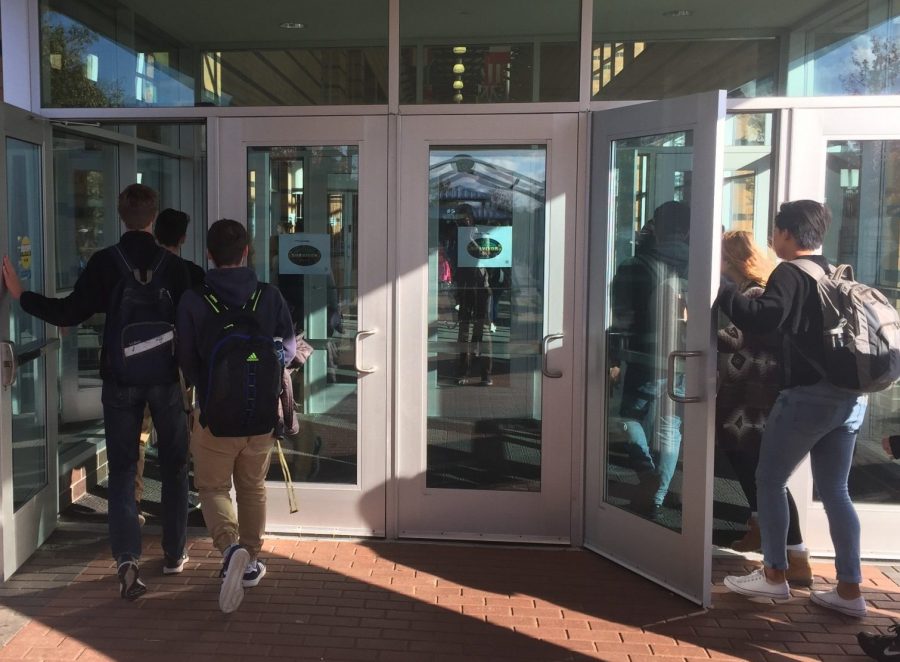Imagine this: school is no longer required.
Everything is the same; there are still tests, quizzes, exams, and graduation requirements, but the state no longer forces students to attend classes. At any time, a student has the choice to drop out, or to rarely come into school. Many students dislike school, which is reasonable. There isn’t much to like about sitting in classrooms for 6 hours just to go home with a load of homework. So, if given the choice, many students would not come to school, right?
The truth is that whether school was mandatory or not, most students would still come to school, but with a much better attitude.
Obviously, there would be individuals who would immediately drop out of school. However, this may not be a terrible idea. According to a survey of 31 students at WO, only about 9% said that they would stop coming to school. For some students, the traditional school system is not the ideal environment to prepare their future. In some cases, it makes sense to get a job as soon as possible. For example, if a student wasn’t planning on going to college, starting in the workplace as early as possible might be beneficial.
Although most students should aim to attend college after high school, some just plan on getting a job instead. In fact, most students claim that they would work if they stopped going to school. In a survey, 57% of students said that if they stopped going to school, they would get a job. Another 29% said that they would only take a little bit of time off, and then go back. Only about 10% said they would stay at home, so most students would be using time wisely without school. Those who would choose work, though, should be aware that most quality jobs require additional, post-high school education — education that first requires a high school diploma.
Most would expect the once bustling halls to suddenly be nearly empty, and this could be true for a day, a week, or possibly a month. However, over time, most students would again attend school regularly. In a survey, students were asked if they would keep going to school if it was no longer mandatory; 48% of students would continue to attend school, and another 38% would just go some of the time. So, the halls would definitely be less crowded, but the majority of students would still be attending classes, and with good reason. Most students shared that their main reason to stay in school would be to graduate and to be able to go to college. This is a sound plan for the future, and students recognize that.
If attending school were optional, the general atmosphere and attitude of each student would be much more positive. Even though the classes and assignments would the same, the fact that it was the students’ choice to show up would create a more positive attitude. In the current system, students likely have a negative attitude toward school because they do not have a choice to attend or not, but if given the choice, most would realize that they would actually want to go to school. In a survey, 70% of students said that their attitude toward school would improve if it was optional, and only 4% said that their attitude would be worse. The others said their attitudes would not change. So, if it was the choice of the students to attend classes, it would benefit the overall atmosphere of the high school.
The idea of optional school for students has been visited by other countries and is practiced by some today. In Sweden, school is optional from grades 10-12, and Sweden is ranked second in the world for higher education in the most recent report. China, another nation of renowned education, only requires students to take 9 years of education, and any subsequent schooling is optional. Similar to China, Germany only requires 9 years of education, and Germany is also ranked highly in the world for education systems. Although there aren’t educational powerhouse countries where school is not compulsory, there are some quite successful systems in which students are not required to attend school for all 12 grades.
The notion of optional attendance in school is intriguing, and is something that should be considered in the United States. Not only would it benefit students who would rather work than finish high school, it would also help the attitudes of the students who choose to stay in school. It may lower the population inside the walls of public schools, but the benefits should not be ignored.







